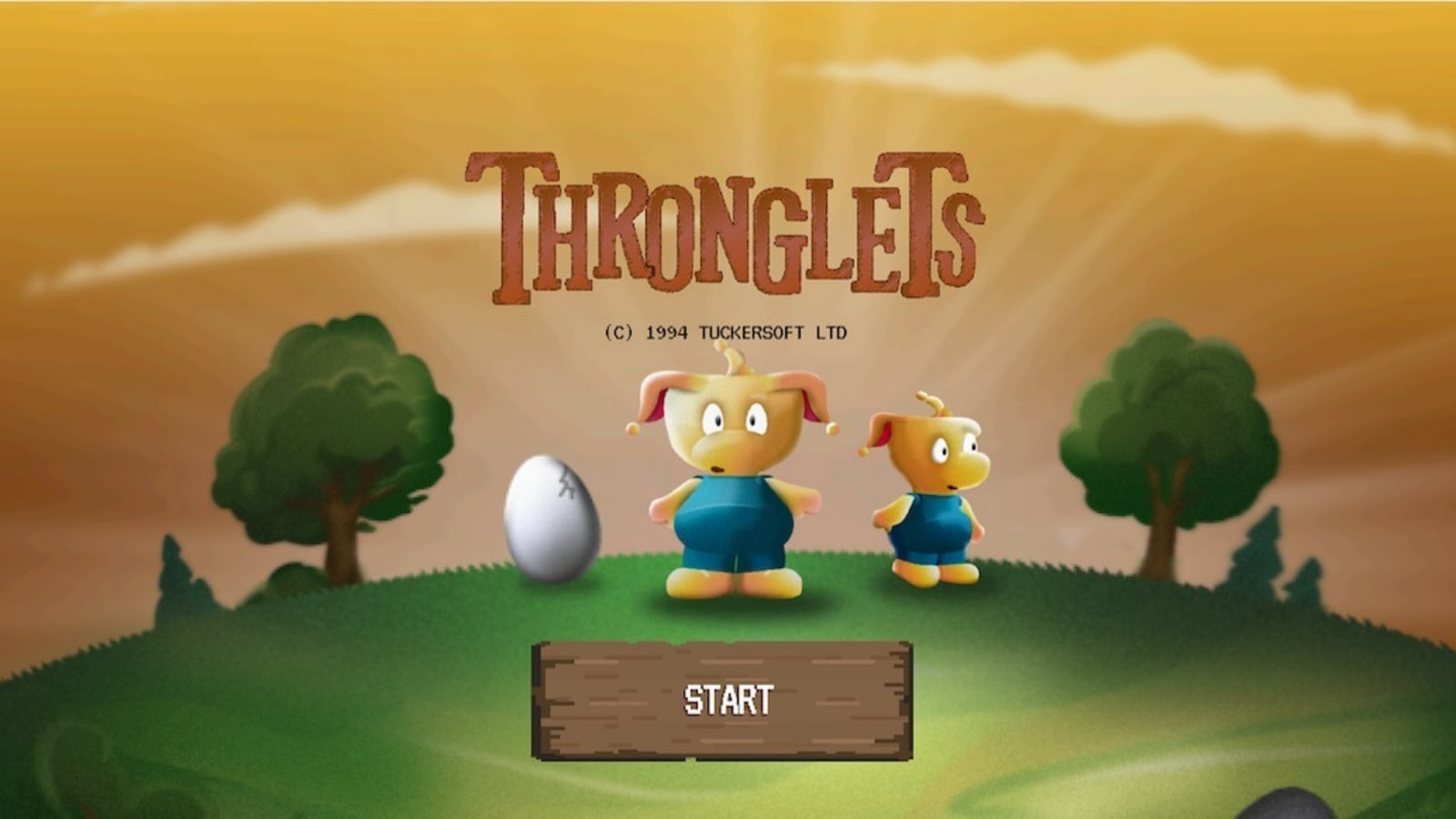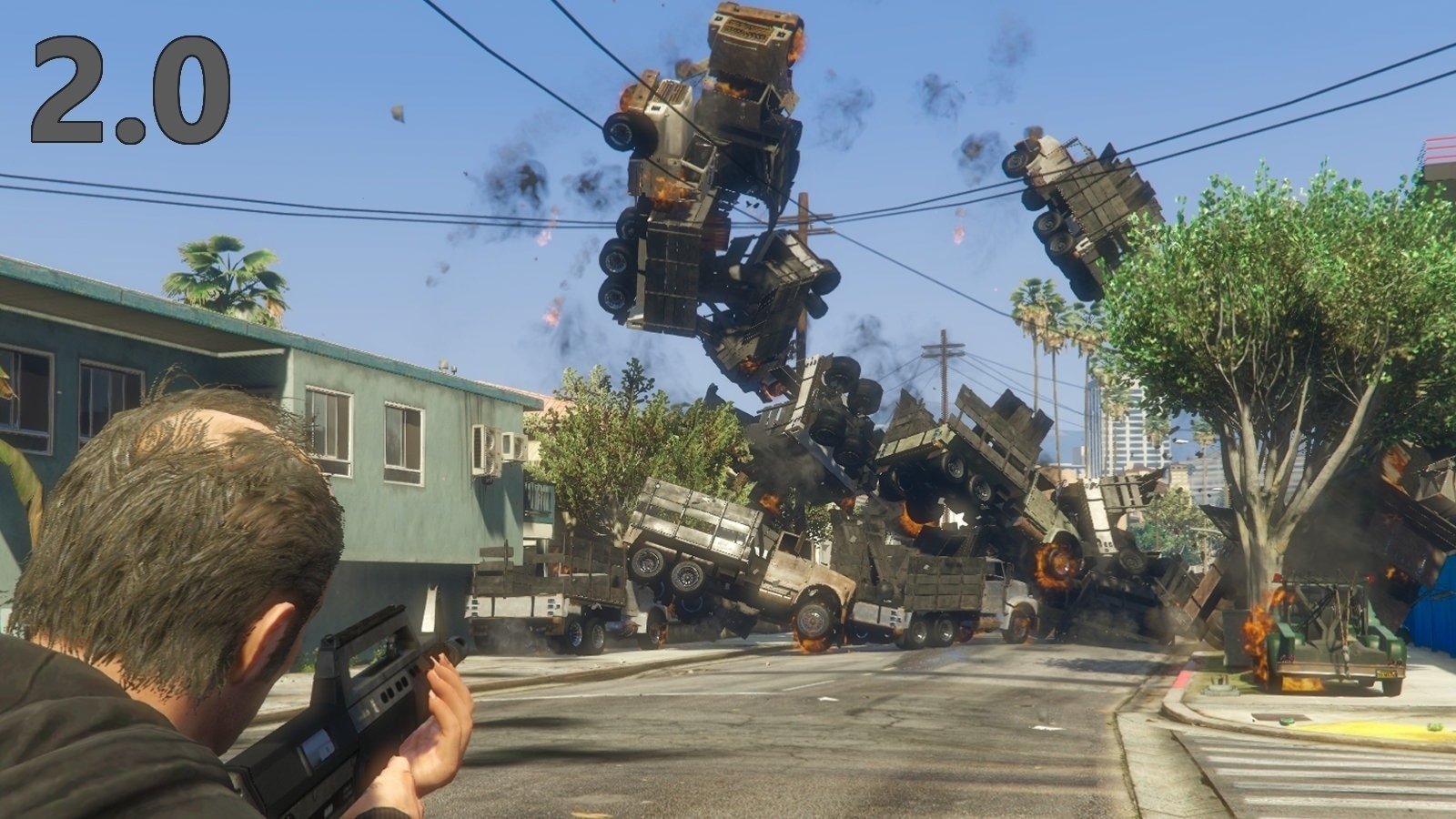There’s no getting around just how terribly sad it feels watching “Aftershock,” the new documentary from the directors Paula Eiselt (“93Queen”) and Tonya Lewis Lee. After all, it spotlights the tragic deaths of two Black mothers in New York City who died from childbirth-related complications — Shamony Gibson, in 2019, and Amber Isaac, in 2020 — leaving behind young children, partners, families and communities gutted by grief.
But alongside the despair, there is also light in this documentary. Gibson’s partner, Omari Maynard, and her mother, Shawnee Benton Gibson, a medical social worker with a background in reproductive justice activism, had been mourning their loss for a year and a half when Maynard reached out to the newly bereaved partner of Isaac, Bruce McIntyre. The two men soon banded together with Benton Gibson and others to organize for change.
Eiselt and Lee successfully put a human face on the now widely reported crisis of Black maternal deaths, which allows them to unpack the underlying factors that have led to the crisis without bogging down the narrative in a deluge of statistics. Yet scenes with the main subjects sometimes feel more staged than vérité, and the audience walks away wishing we knew them better as people.
Still, the images of Maynard and McIntyre parenting their children in the midst of grief and outrage, and expressing vulnerability as well as strength, act as a powerful counternarrative to pervasive stereotypes about absentee Black fathers. “Aftershock” is a moving ode to Black families in a society where too many forces work to tear them apart.
Aftershock
Not rated. Running time: 1 hour 26 minutes. Watch on Hulu.























